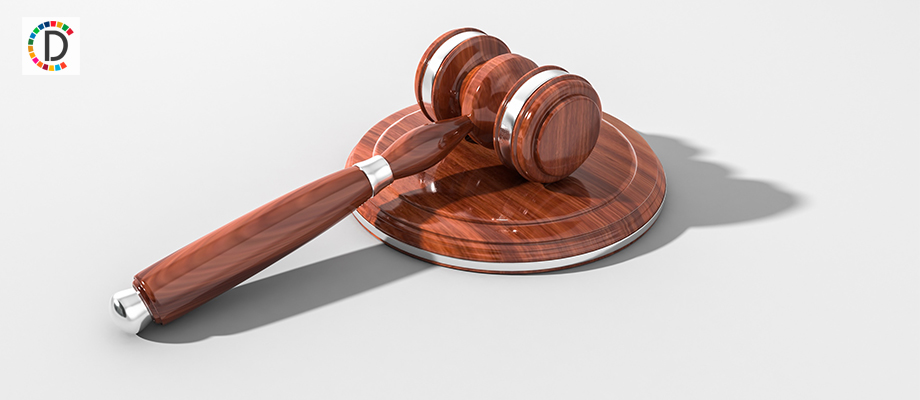U.S. defense official says boosting Taiwan's defenses an 'urgent task'
Tensions between Taiwan and China have escalated in recent months as Beijing raises pressure on the island it claims as its own with repeated air missions https://www.reuters.com/investigates/special-report/hongkong-taiwan-military over the Taiwan Strait, the waterway separating the democratically governed island from China. "Without question, bolstering Taiwan's self-defenses is an urgent task and an essential feature of deterrence," U.S. Assistant Secretary of Defense for Indo-Pacific Security Affairs Ely Ratner told a Senate Foreign Relations Committee hearing.

Bolstering Taiwan's defenses is an urgent task and essential to deterring the threat of invasion by China, the Pentagon's top official for Asia said on Wednesday, adding that U.S. partners were stepping up their military presence in the region. Tensions between Taiwan and China have escalated in recent months as Beijing raises pressure on the island it claims as its own with repeated air missions https://www.reuters.com/investigates/special-report/hongkong-taiwan-military over the Taiwan Strait, the waterway separating the democratically governed island from China.
"Without question, bolstering Taiwan's self-defenses is an urgent task and an essential feature of deterrence," U.S. Assistant Secretary of Defense for Indo-Pacific Security Affairs Ely Ratner told a Senate Foreign Relations Committee hearing. Ratner added that China's air and maritime campaigns around Taiwan were "intentionally provocative" and increased the likelihood of miscalculation between armed forces in the Indo-Pacific.
"They put the prosperity and security of the region at risk, and are part of a pattern of PRC military coercion and aggression against other U.S. allies and partners in the region, including India, Japan, the Philippines and Vietnam," Ratner said, referring to the People's Republic of China. "We are seeing countries stepping up their military presence in the region and their willingness to support deterrence in a way that we haven't before," he added, mentioning joint military activities with Canada, Britain and Japan.
The United States has no formal ties with Taiwan but is its largest arms supplier, and has been trying to carve out more space for it in the international system in the face of escalating efforts by Beijing to isolate Taipei. U.S. President Joe Biden caused a stir in October when he said the United States, which is obliged by a 1979 law to provide Taiwan with the means to defend itself, would come to its defense https://www.reuters.com/world/asia-pacific/biden-says-united-states-would-come-taiwans-defense-2021-10-22 if China attacked.
Those remarks appeared to depart from Washington's long-held policy of "strategic ambiguity" - not making clear how the United States would respond - though the White House quickly said https://www.reuters.com/world/china/white-house-repeats-no-taiwan-policy-change-experts-see-biden-gaffe-2021-10-22 Biden was not signaling a change in policy. Some U.S. lawmakers, including Democratic chairman of the influential House Intelligence Committee Adam Schiff, have urged the Biden administration to be less ambiguous.
Asked by the committee chairman, Senator Bob Menendez, if that policy should be altered, Ratner said he believed it would not meaningfully strengthen deterrence. When asked what he saw as the greatest risk to Taiwan, Ratner replied: "The China challenge is a today problem, a tomorrow problem, a 2027 problem, a 2030 problem, a 2040 problem and beyond. I don't think there is a date we ought to pick on the calendar and we ought to make sure that we're sustaining deterrence from today."
(This story has not been edited by Devdiscourse staff and is auto-generated from a syndicated feed.)
ALSO READ
Joe Biden hosts Japan's PM at White House, in strong message to China over policies in Indo-Pacific
GLOBAL MARKETS-Asian shares fall on U.S. rate scare, yen plumbs 34-yr low
EMERGING MARKETS-Stocks, FX slide after U.S. inflation print triggers global selloff
GLOBAL MARKETS-Europe turns to ECB after U.S. inflation selloff
Russia and U.S. are in contact over non-deployment of nuclear weapons in space - TASS










